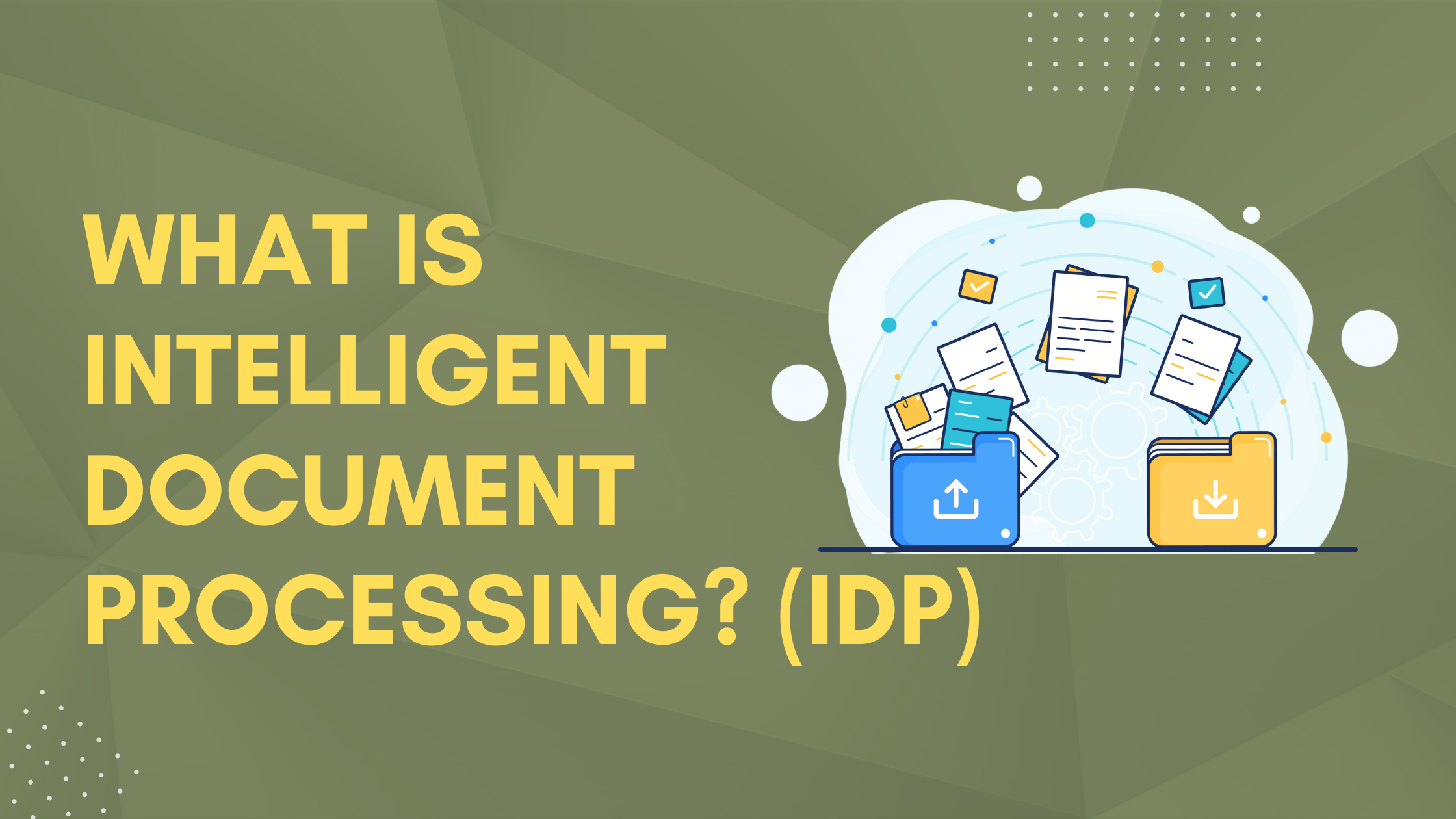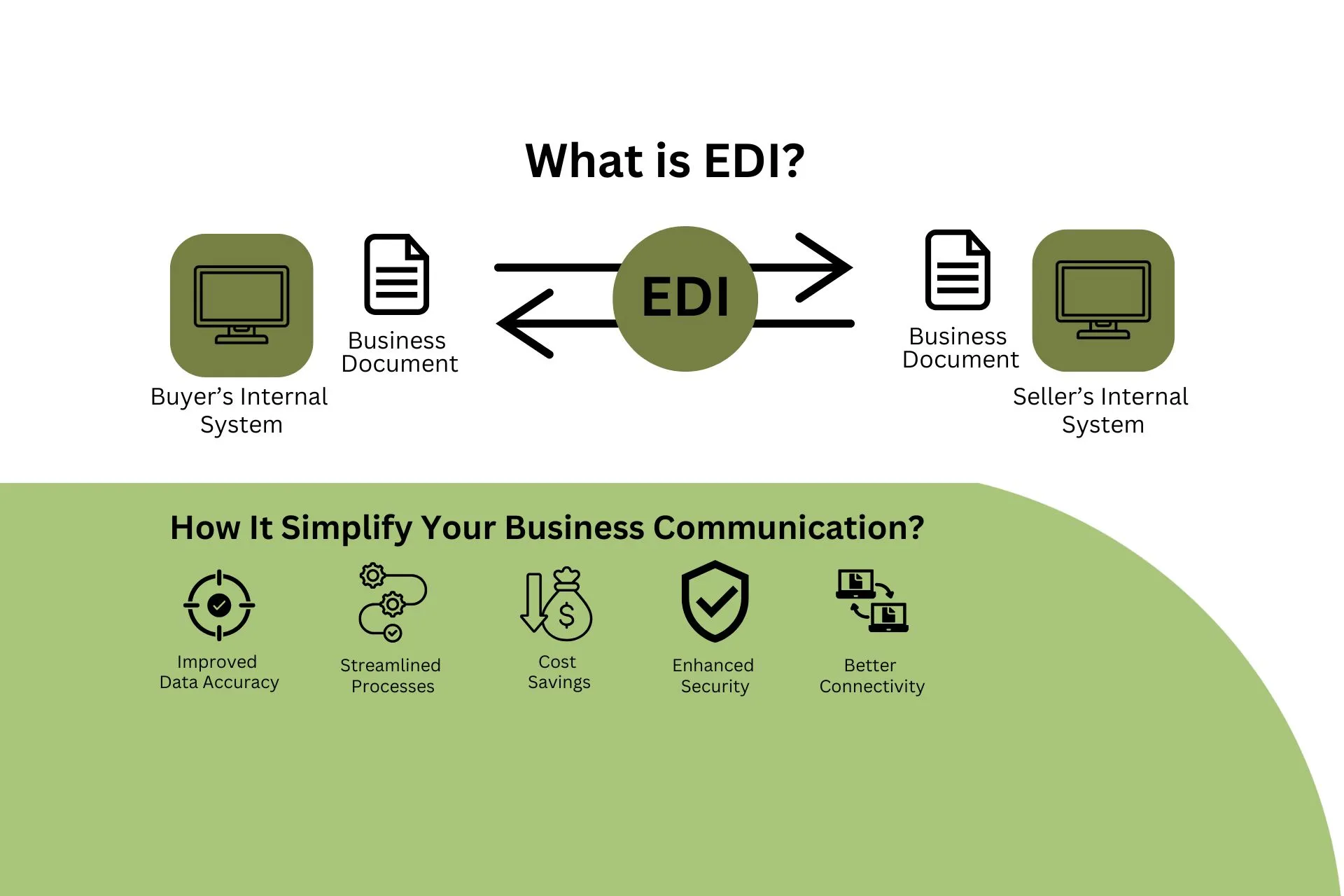The future of Electronic Data Interchange (EDI) is undergoing a dramatic transition as organizations in the B2B sector continue to expand. We have all witnessed disruptive technologies like blockchain and how they revolutionize the way data is transferred. In this review, we look into blockchain technology and other cutting-edge innovations that might improve traceability and security in EDI procedures, especially in the context of supply chain management and purchase orders.
The Evolution of B2B Data Exchange:
The smooth transmission of business documents is crucial in the quick-paced world of business-to-business interactions. An established foundation of efficiency in this field, EDI has proved crucial in automating data interchange operations, streamlining supply chain activities, and improving workflows associated with purchase orders.
Blockchain: A Paradigm Shift
The decentralized ledger technology known as blockchain, which powers cryptocurrencies, has become a disruptive force that might completely transform electronic data interchange. essentially, blockchain offers an absolute, transparent, and safe ledger that can significantly improve the traceability and security of EDI procedures.
Enhancing Security in EDI:
One of the critical advantages of blockchain in EDI is its cryptographic security. Blockchain’s decentralized nature ensures that once data is recorded, it cannot be altered or tampered with, providing unprecedented data integrity. This feature addresses one of the longstanding concerns in EDI – the risk of data manipulation or unauthorized access during the exchange of critical business documents.
Ensuring Traceability in Purchase Orders:
The blockchain ushers in a new era of traceability for purchase orders. Due to blockchain’s transparency and auditability, stakeholders can follow a purchase order from inception to completion. This lowers disagreements and inconsistencies while also introducing a degree of openness that might increase mutual trust between trading partners.
Supply Chain Optimization through Blockchain:
Blockchain has an impact on supply chain management in addition to individual transactions. Businesses can construct a decentralized and secure ledger of supply chain events by integrating blockchain technology into EDI procedures. This lowers the possibility of fraud, increases supply chain operations’ overall efficiency, and gives real-time visibility into the flow of commodities.
Embracing the Disruptive Technologies:
While blockchain is the primary driver of EDI’s revolution, other game-changing technologies also play a significant role. When combined with EDI, artificial intelligence (AI), and the Internet of Things (IoT), technologies give more automation and intelligence to business processes, which improves supply chain operations even more.
Paving the Way for the Future of EDI:
Looking ahead to EDI, it is clear that disruptive technologies like blockchain will change the game completely. Blockchain integration paves the way for a new era of efficiency and transparency in B2B data exchange and strengthens the security and traceability of EDI procedures. Businesses may take the lead in the rapidly changing digital ecosystem and reshape the future of EDI in the B2B space by adopting these technologies and seizing new opportunities.





